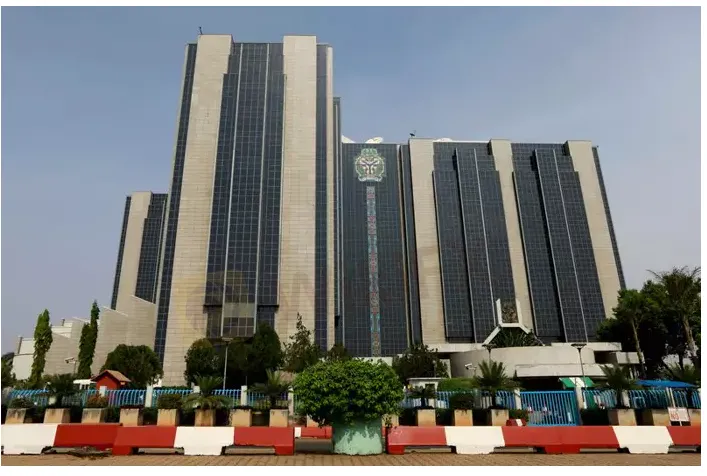简体中文
繁體中文
English
Pусский
日本語
ภาษาไทย
Tiếng Việt
Bahasa Indonesia
Español
हिन्दी
Filippiiniläinen
Français
Deutsch
Português
Türkçe
한국어
العربية
Nigeria’s markets regulator publishes rules on crypto assets
Abstract: Nigeria’s markets regulator has published a set of regulations for digital assets, signalling Africa’s most populous country is trying to find a middle ground between an outright ban on crypto assets and their unregulated use.

Nigerias central bank last year banned banks and financial institutions from dealing in or facilitating transactions in digital currencies.
But the countrys young, tech-savvy population has eagerly adopted cryptocurrencies, for example using peer-to-peer trading offered by crypto exchanges to avoid the financial sector ban.
Nigerias Securities and Exchange Commission (SEC) published the “New Rules on Issuance, Offering Platforms and Custody of Digital Assets” on its website.
The 54-page document lays out registration requirements for digital assets offerings and custodians, and classifies the assets as securities regulated by the SEC.
A central bank spokesperson did not answer calls to his mobile phone.
The SEC said no digital assets exchange would be allowed to facilitate trading of assets unless it had received a “no objection” ruling from the commission.
A digital assets exchange will be required to pay 30 million naira ($72,289) as a registration fee, among other fees.
In October, Nigeria launched a digital currency, the eNaira, in the hope of expanding access to banking. Official digital currencies, unlike cryptocurrencies such as bitcoin, are backed and controlled by the central bank.

Disclaimer:
The views in this article only represent the author's personal views, and do not constitute investment advice on this platform. This platform does not guarantee the accuracy, completeness and timeliness of the information in the article, and will not be liable for any loss caused by the use of or reliance on the information in the article.
Read more

Silver surges past $33—are you ready for what comes next?
Silver has once again become the center of attention in global financial markets.

171 years! One of this country’s largest crypto-related fraud
A federal court in Brazil has handed down one of the harshest sentences in the country’s history for a crypto-related fraud, jailing three executives of the now-defunct Braiscompany scheme to a combined 171 years behind bars. The case, which saw some 20,000 investors lose approximately R$1.11 billion (about USD 190 million), underscores Brazil’s intensifying crackdown on unregulated cryptocurrency operations

You need to know this if you are losing money in forex trading!
If you’re losing money in forex trading, you’re far from alone: data from major brokers show that approximately 70 % to 80 % of retail Forex traders end up losing money. This article explores the most common reasons behind trading losses and provides actionable strategies to help you turn your losing streak into a learning opportunity rather than a financial drain.

Japan Issues Urgent Warning on $700M Unauthorized Trades
Japan's FSA warns of $700M in unauthorized trades from phishing attacks on brokerage accounts. Cybersecurity threats continue to rise in the country.
WikiFX Broker
Latest News
FCA Issues Alerts Against Unauthorised and Clone Firms in the UK
Consob Orders Blackout of 9 Fraudulent Financial Websites
eXch Exchange to Shut Down on May 1 Following Laundering Allegations
How a Viral TikTok Scam Cost a Retiree Over RM300,000
FCA Proposes Simplifying Investment Cost Disclosure for Retail Investors
JT Capital Markets Review
Fresh Look, Same Trust – INGOT Brokers Rebrands its Website
Tradu Joins TradingView for Seamless CFD and Forex Trading
Japan Issues Urgent Warning on $700M Unauthorized Trades
171 years! One of this country’s largest crypto-related fraud
Currency Calculator


